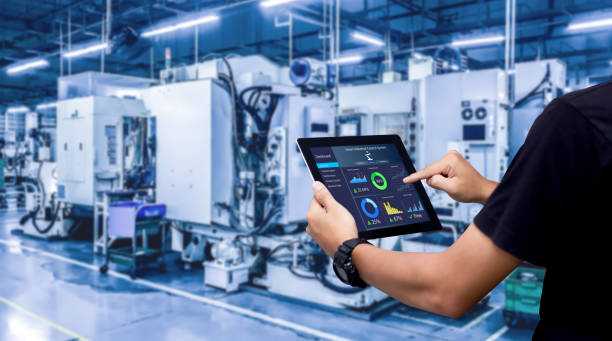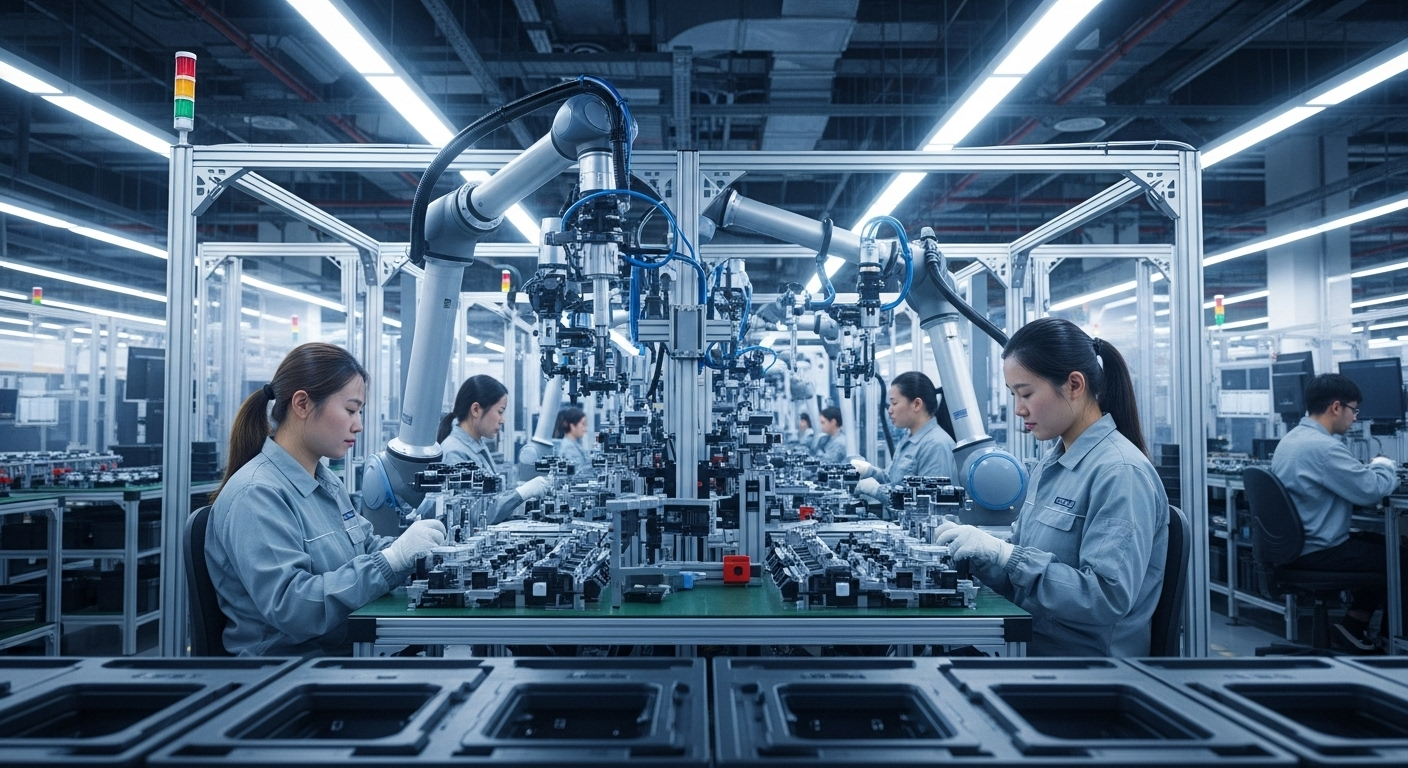Choosing the Right Semiconductor MES Systems for Production
Choosing the right Manufacturing Execution System (MES) for semiconductor production is a critical decision that can significantly impact operational efficiency, product quality, and overall yield. Semiconductor manufacturing is highly complex, involving intricate processes, strict quality controls, and rapid technological advancements. An effective MES not only ensures real-time visibility into production but also integrates seamlessly with equipment, supply chain, and enterprise systems to optimize workflow, reduce downtime, and support data-driven decision-making. Selecting the right system requires a clear understanding of both the technical requirements and the strategic goals of the fab.

Understanding Semiconductor MES Systems
MES platforms designed for semiconductor manufacturing address the unique challenges of this highly regulated and precision-driven industry. These systems manage work-in-process tracking, recipe management, equipment integration, and quality control throughout the fabrication process. Unlike generic manufacturing software, semiconductor MES solutions handle the specific requirements of cleanroom environments, complex process flows, and the statistical process control needed for nanometer-scale manufacturing.
The technology integrates with automated material handling systems, metrology equipment, and process tools to create a comprehensive digital framework. This integration enables manufacturers to maintain detailed genealogy records, implement advanced process control strategies, and respond quickly to deviations or quality issues. Modern semiconductor MES platforms also support Industry 4.0 initiatives by providing the data foundation necessary for artificial intelligence and machine learning applications.
Key Features of MES for Semiconductor Production
Effective semiconductor MES solutions incorporate several critical capabilities that distinguish them from standard manufacturing software. Lot tracking and genealogy management form the foundation, enabling complete traceability from raw wafer to finished device. Recipe management ensures consistent process execution across multiple tools and production lines, while equipment integration facilitates automated data collection and process control.
Quality management modules within these systems support statistical process control, defect tracking, and yield analysis. Advanced scheduling capabilities optimize tool utilization and minimize cycle times while maintaining process constraints. The software also manages complex rework scenarios, holds, and exceptions that frequently occur in semiconductor manufacturing environments.
Real-time dashboard capabilities provide operators and engineers with immediate visibility into production status, equipment performance, and quality metrics. These features enable rapid response to issues and support continuous improvement initiatives that are essential for maintaining competitiveness in the semiconductor industry.
Integration with Semiconductor Design Software
Modern semiconductor MES platforms must seamlessly interface with design and engineering systems to ensure accurate translation of product specifications into manufacturing instructions. This integration typically involves connections to product data management systems, computer-aided design tools, and test program development environments. The MES receives design rules, process specifications, and testing requirements, then translates this information into executable manufacturing workflows.
The bidirectional data flow between MES and design systems enables engineering teams to access production data for yield analysis and process optimization. This connectivity supports design for manufacturability initiatives and helps identify potential issues before they impact production volumes. Advanced integration scenarios include automatic recipe updates based on design changes and real-time feedback of manufacturing constraints to design teams.
Application programming interfaces and industry-standard data formats facilitate these connections, reducing implementation complexity and maintenance overhead. The integration architecture must accommodate frequent design changes while maintaining production stability and data integrity.
Real-time Data and Production Analytics
Semiconductor MES systems generate vast amounts of production data that require sophisticated analytics capabilities for meaningful interpretation. Real-time data collection from process tools, metrology equipment, and environmental monitoring systems creates comprehensive datasets that support both immediate operational decisions and long-term strategic planning.
Advanced analytics modules within MES platforms provide predictive maintenance capabilities, yield prediction models, and process optimization recommendations. These systems leverage statistical analysis, pattern recognition, and machine learning algorithms to identify trends and anomalies that human operators might miss. The analytics capabilities also support regulatory compliance by maintaining detailed records and generating required reports automatically.
Data visualization tools present complex information in accessible formats, enabling operators, engineers, and management teams to quickly understand production status and performance trends. These capabilities are essential for maintaining the high yields and consistent quality required in semiconductor manufacturing.
Choosing the Right MES Provider
Selecting an appropriate MES provider requires careful evaluation of technical capabilities, industry experience, and long-term support commitments. Established providers in the semiconductor MES market include Applied Materials, KLA Corporation, PDF Solutions, and Camstar (now part of Siemens Digital Industries Software). Each offers distinct approaches to semiconductor manufacturing execution with varying strengths in specific application areas.
| Provider | Core Platform | Key Capabilities | Implementation Focus |
|---|---|---|---|
| Applied Materials | SmartFactory | Equipment integration, yield optimization | Front-end semiconductor processes |
| KLA Corporation | PROLITH | Process control, metrology integration | Advanced process control |
| PDF Solutions | Exensio | Data analytics, yield management | Yield optimization and analytics |
| Siemens (Camstar) | Opcenter | Enterprise integration, workflow management | End-to-end manufacturing execution |
When evaluating providers, consider factors such as scalability, customization capabilities, and integration complexity. The chosen solution should accommodate future growth while providing robust support for current production requirements. Technical evaluation should include proof-of-concept implementations and detailed reference checks with similar manufacturing operations.
The semiconductor MES market continues evolving as manufacturing requirements become more sophisticated and data volumes increase exponentially. Successful implementations require careful planning, comprehensive training programs, and ongoing optimization efforts. Organizations must balance immediate operational needs with long-term strategic objectives when making these critical technology investments. The chosen MES platform becomes a foundational element of manufacturing operations, influencing productivity, quality, and competitiveness for years to come.




